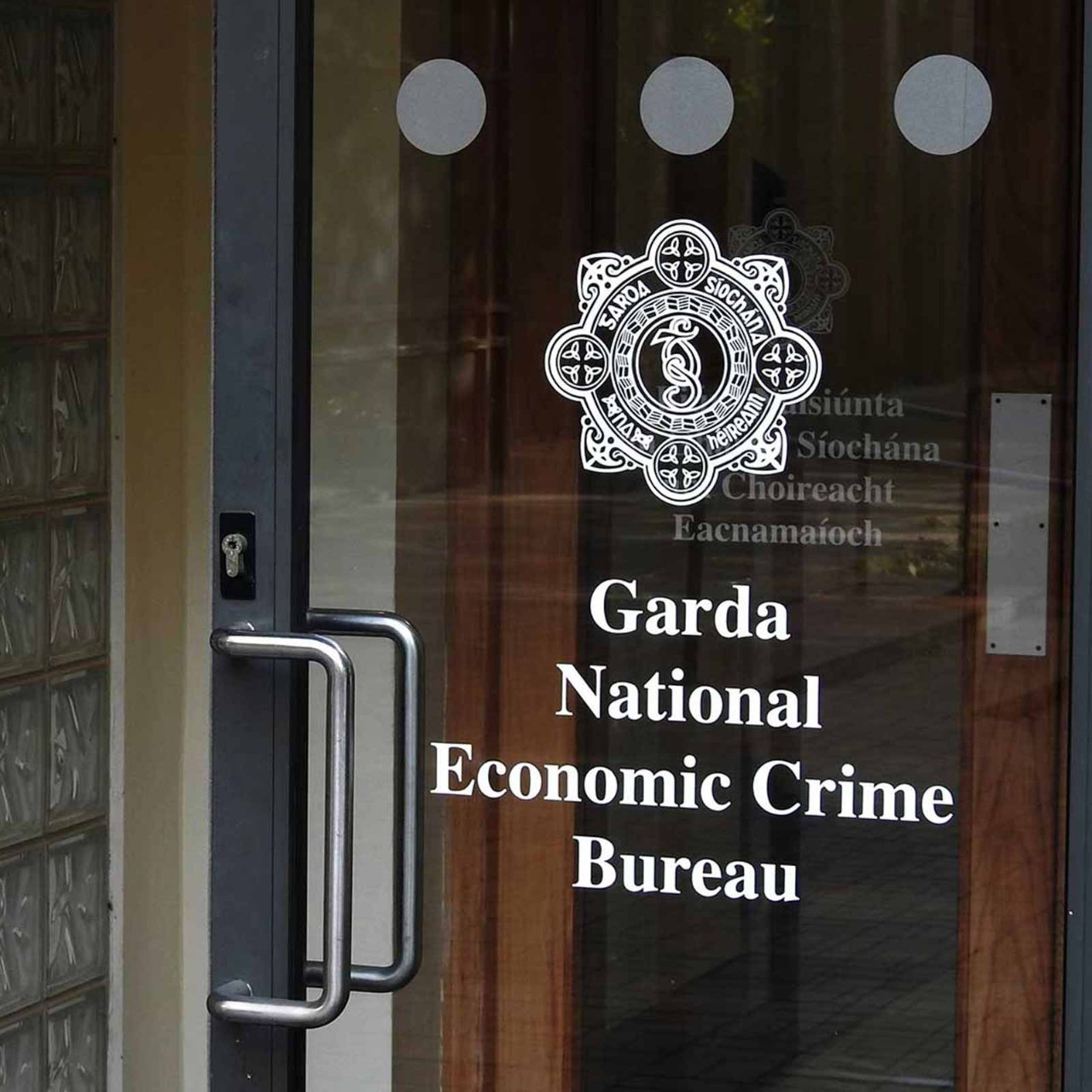
Budgets are inherently political rather than economic events, and never is that more true than when a general election is imminent. For the Irish government, this was the case with Budget 2024.
Awash with cash from the largesse of surging income and corporation tax receipts, Ireland has near unlimited tax revenue to utilise. Even with a booming economy, there are challenges that need to be addressed. What emerged in Budget 2024 was a package split between the politics of now and the economies of the future. It leaves nobody truly satisfied.
Every single economic forecaster had warned in advance that throwing money into an already hot economy risked adding to inflation. According to their analysis, the best stance for the two ministers, finance minister Michael McGrath and public expenditure minister Paschal Donohoe, was to ride out the pressure to spend now and save the tax receipts for the inevitable rainy day when the money would be needed. The advice was largely ignored, with the 5% spending rule breached once again.

A €14bn increase in spending was spread very widely
Every household received something from Budget 2024. There were slight tax reductions, a rise in the standard cut-off rate and a small cut in one of the bands of the universal social charge, bigger tax credits, more reliefs, hikes in weekly welfare rates and a myriad of other one-off measures. All in all, it was a €14bn increase in spending that was spread very widely. The political imperative demanded it.
Funding the future
The package of measures aimed at the short term overshadowed the much more welcome longer-term initiatives that saw the establishment of two funds. The first, the Infrastructure, Climate and Nature Fund, is aimed at meeting climate change and infrastructure targets.
Ireland’s climate and sustainability goals require hefty investment
The second is a much broader sovereign wealth fund, called the Future Ireland Fund, that one day could be worth €100bn and whose investment returns will be channelled to the looming demographic shift of an ageing population requiring a bigger pensions and healthcare spend. The setting up of both funds, using the windfall corporation taxes that are forecasted, is long overdue.
It is an acknowledgement of the scale of what is coming. Ireland’s climate and sustainability goals require hefty investment to overhaul everything from inefficient housing to the construction of a secure energy network. The demographic changes require even greater resources.
According to the Irish Fiscal Advisory Council, by the end of this decade age-related spending will be some €7bn higher than it is now. The current Exchequer position is buoyant enough to fund these two great challenges that lie in the not-too-distant future.
The projected €65bn from windfall corporate taxes has been slashed to €46bn
A dwindling windfall
However, it is becoming clear that the public finances will not generate the surpluses that had been expected. The projected €65bn from expected windfall corporate taxes has been slashed to €46bn. Who knows what could impact that forecast further? Future administrations may come under pressure not to continue paying into the two new funds. Perhaps rather than attempting to please everyone, the government could have directed more of the €14bn in increased expenditure in Budget 2024 towards longer-term problems.
With all eyes on a general election that must be held by early spring 2025 at the latest, resisting the clamour to spend less immediately was probably unlikely given the political requirement to act now.
Budget 2024 will deliver some relief to those who need it now. Businesses were largely overlooked, with few eye-catching announcements. Still, with the Infrastructure, Climate and Nature Fund and the Future Ireland Fund, the building blocks for protecting the country in the decades ahead have been put firmly in place.





